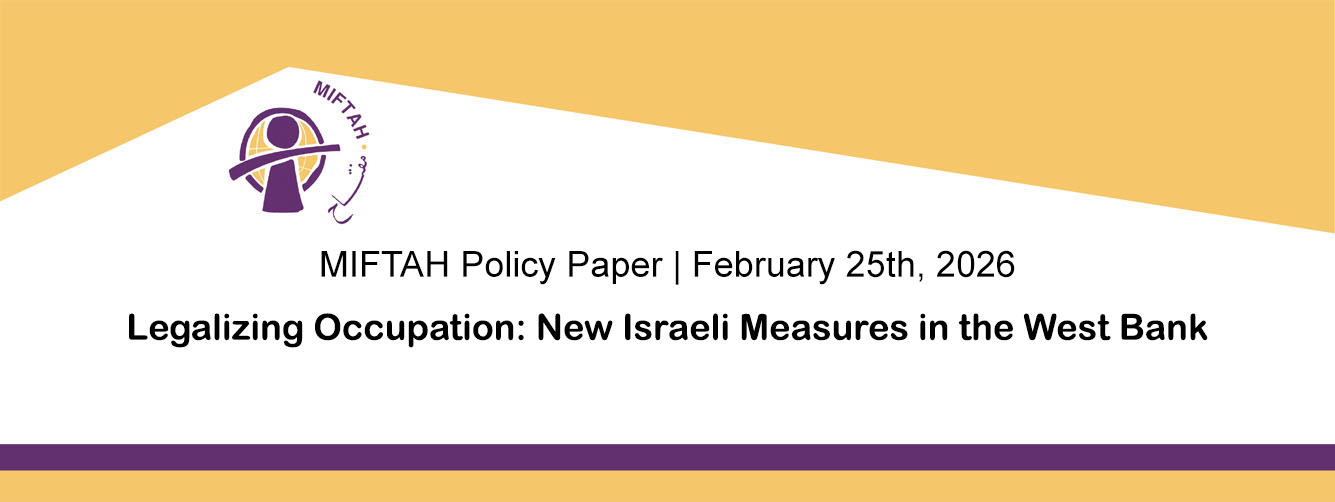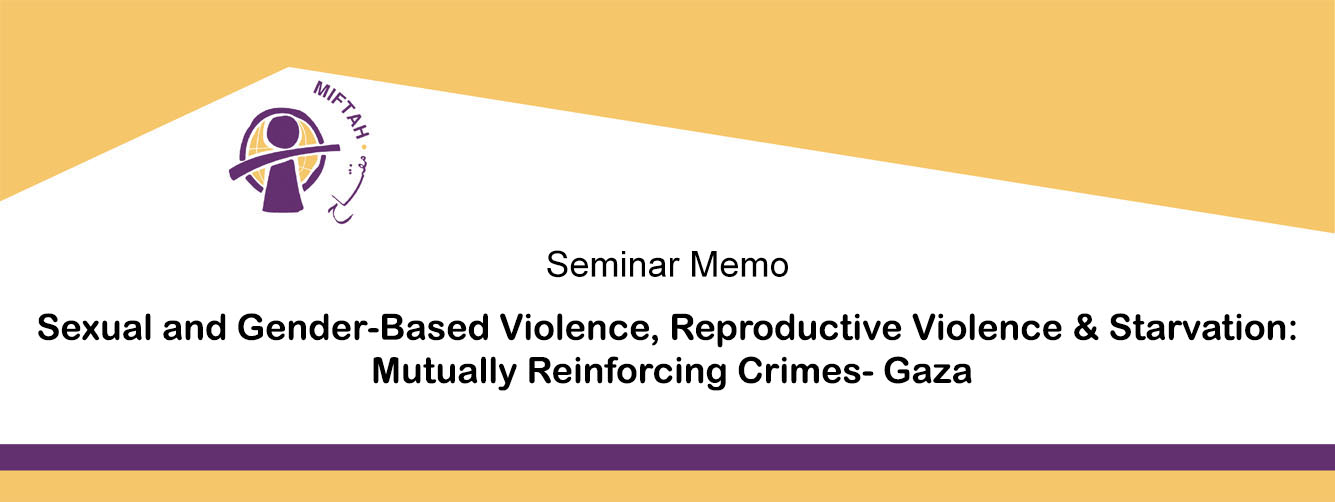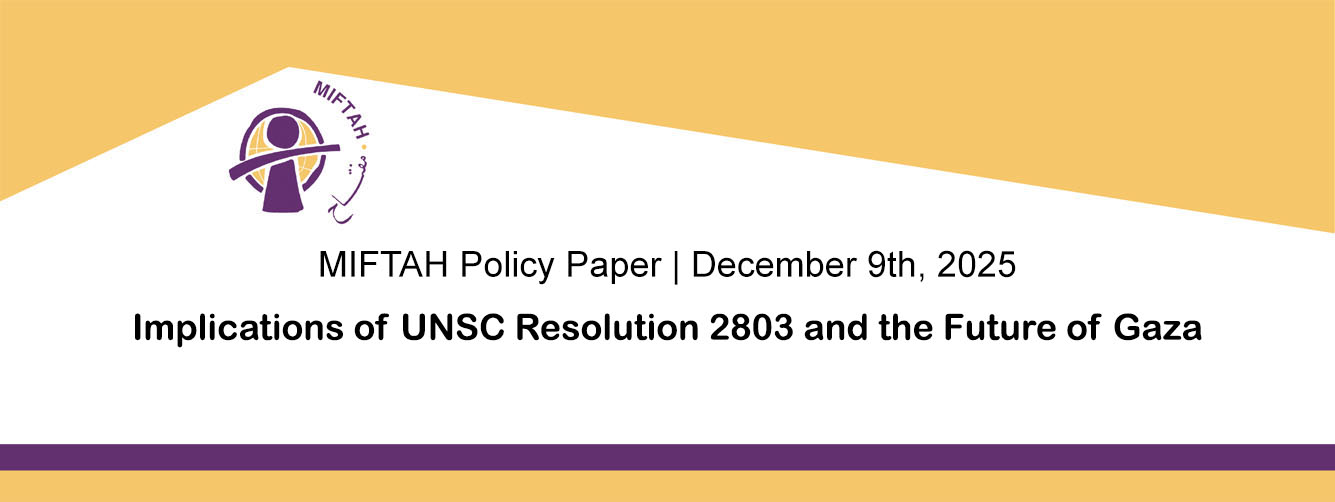The 2005 Princeton Colloquium on Public and International Affairs sought to rethink the War on Terrorism. A few months later, the Pentagon itself engaged in a parallel exercise. A July 27, 2005 New York Times article reported that Secretary of Defense Donald Rumsfeld and Chairman of the Joint Chiefs of Staff General Richard Myers had begun to speak of “a global struggle against violent extremism” rather than a “global War on Terror.” The Times quoted Administration and Pentagon officials as saying that the reframing from war to struggle has “grown out of meetings with President George W. Bush’s senior national security advisers that began in January” and “reflects the evolution in Bush’s own thinking nearly four years after the Sept. 11 attacks.”
At the National Press Club on July 25, 2005, General Myers said he had “objected to the use of the term ‘War on Terrorism’ before, because if you call it a war, then you think of people in uniform as being the solution.” Myers explained that the threat was violent extremists, while “terror was the method they use.” He concluded that in addition to the military, “all instruments of our national power, all instruments of the international community’s power” will be needed in this struggle, the solution to which is “more diplomatic, more economic, more political than it is military.” Speaking at a retirement ceremony in Annapolis, Maryland earlier that week, Donald Rumsfeld described America’s efforts as waging “the global struggle against the enemies of freedom, the enemies of civilization.”
National Security Adviser Steven Hadley defended the new wording, “It’s more than just a military War on Terror. It’s broader than that. It’s a global struggle against extremism. We need to dispute both the gloomy vision and offer a positive alternative.” Undersecretary of Defense Douglas Feith added that, “ultimately winning the war” requires “addressing the ideological part of the war that deals with how the terrorists recruit and indoctrinate new terrorists.”
But, by August 4 the Bush Administration seemed to have returned to its original language. The New York Times reported, “President Bush publicly overruled some of his top advisers on Wednesday in a debate about what to call the conflict with Islamic extremists, saying, ‘Make no mistake about it, we are at war.’”
Addressing the American Legislative Exchange Council on August 3, President Bush used the word “war” thirteen times in a 47 minute speech. Not once did he refer to the ‘global struggle against violent extremism.’
Secretary Rumsfeld also backed away from the new language he had been employing. “Some ask, are we still engaged in a War on Terror?” Mr. Rumsfeld said. “Let there be no mistake about it. It’s a war. The president properly termed it that after Sept. 11. The only way to defend against terrorism is to go on the attack.”
In April 2005, months before the Bush Administration publicly moved from the GWOT (Global War on Terror) to the G-SAVE (Global Struggle Against Violent Extremism) and back again, participants, panelist and keynote speakers at the 2005 Princeton Colloquium were rethinking the War on Terror and asking important questions. Is this a war or a struggle? Is it possible to wage war against a tactic? Is this also a struggle against instability? Is it a struggle for freedom or for modernity? Is this a struggle recognizing the threat of any and all nonstate actors who use violence to inspire fear?
In the context of the debate over what to call the U.S. struggle against terrorism, Woodrow Wilson School Dean Anne-Marie Slaughter’s theme-setting questions opening the Colloquium on April 8, 2005 seem remarkably prescient. Noting how, in his second Inaugural Address, President Bush had emphasized the war for freedom rather than the War on Terror, Dean Slaughter asked: “Does it make sense to approach a struggle against terrorism as a war or as a struggle for the implementation of traditional American values of liberty, equality, justice, freedom, tolerance and humility?”
The Dean noted that the Colloquium was being held three and a half years after September 11, 2001. Quoting from the recent Presidential Commission on Prewar Intelligence, she compared the past three and a half years to the three and a half years after Pearl Harbor, during which, “The United States had built and equipped an army and navy that had crossed two oceans, the English Channel, and the Rhine, and had already won Germany’s surrender and was two months from vanquishing Japan. That was clearly a war. We had no doubt it was a war, we had no doubt who the enemy was. Three and a half years into the War on Terror, where are we? And if you judge it by those standards, again, does it make sense even to think about it primarily as a war? Does the invocation of a state of war afford a reasonable or meaningful framework for thinking about American foreign policy?”
Rising to the challenge of rethinking the War on Terror, leading practitioners, academics and policy makers from a range of disciplines and perspectives transcended personal ideologies, politics and academic disciplines to engage in energetic discussions of the Patriot Act, the application of the Geneva Convention, the ethics of torture and detention, and the balance between homeland security, national security and human rights.
To View the Full Report as PDF (182 KB)






